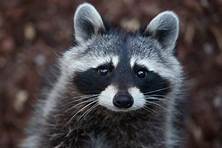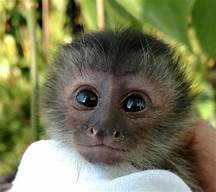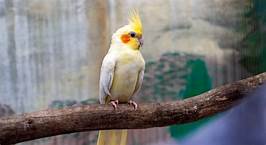Can You Have a Raccoon as a Pet in Texas?
Raccoons are adorable creatures with curious eyes and soft fur. These nocturnal critters are common sights at night and are known for their intelligence and adaptability. With their mischievous nature and cute appearance, it is no wonder why some people may consider keeping them as pets. However, before you decide to bring a raccoon into your home, you need to understand the legality of owning one in Texas and the challenges that come with caring for these wild animals.

Legality of Owning a Pet Raccoon in Texas
In Texas, it is illegal to own a raccoon as a pet without a permit. According to the Texas Parks and Wildlife Department (TPWD), keeping raccoons in captivity requires a special permit known as a Wildlife Rehabilitation License. This license is typically issued to individuals or organizations that rehabilitate injured or orphaned wildlife. It is important to note that obtaining a permit does not guarantee that you will be allowed to keep a raccoon as a pet, as the TPWD considers raccoons to be potentially dangerous wild animals.
Challenges of Keeping a Pet Raccoon
Raccoons may be cute and playful, but they are wild animals at heart. Owning a pet raccoon comes with numerous challenges that may not be suitable for first-time pet owners or those living in urban areas.
1. Housing: Raccoons are active, curious, and nocturnal creatures. They require a safe and spacious enclosure that allows them to move around freely. A typical raccoon needs a minimum of 100 square feet of space, complete with climbing structures, hiding places, and a sturdy shelter to sleep in.
2. Food and Diet: Raccoons are omnivores with a varied diet, including fruits, vegetables, nuts, insects, and small vertebrates. Providing a balanced and nutritious diet can be challenging, as raccoons are notorious for scavenging and may eat anything they can find. Proper nutrition is crucial to prevent health problems.
3. Socialization: Raccoons are social animals that live in groups in the wild. Keeping a pet raccoon requires extensive socialization from an early age. Failure to provide adequate socialization can lead to behavioral problems and aggression towards humans and other animals.
4. Diseases: Raccoons can carry various diseases and parasites that can be transmitted to humans and other animals. These include rabies, raccoon roundworm, and baylisascaris procyonis, a potentially fatal roundworm that can cause severe damage to the central nervous system. Regular veterinary care and strict hygiene practices are necessary to minimize the risk of disease transmission.
Alternatives to Owning a Pet Raccoon
If you are passionate about wildlife and enjoy observing raccoons, there are several alternatives to owning one as a pet.
1. Wildlife Rehabilitation: Consider volunteering at a wildlife rehabilitation center where you can assist in caring for injured or orphaned raccoons. This is a rewarding way to give back to the community and learn more about these animals.
2. Raccoon Watching: Raccoons are easily spotted in many areas of Texas. You can go on nature walks or visit parks at night to observe raccoons in their natural habitat.
3. Supporting Conservation: Organizations like the Texas Parks and Wildlife Foundation work to protect raccoons and their habitats. You can support their efforts through donations or by participating in conservation initiatives.
By choosing these alternatives, you can help raccoons and other wildlife thrive in their natural environments while still enjoying their presence and learning about their fascinating behaviors.
Declaration: All article resources on this website, unless otherwise specified or labeled, are collected from online resources. If the content on this website infringes on the legitimate rights and interests of the original author, you can contact this website to delete it.





